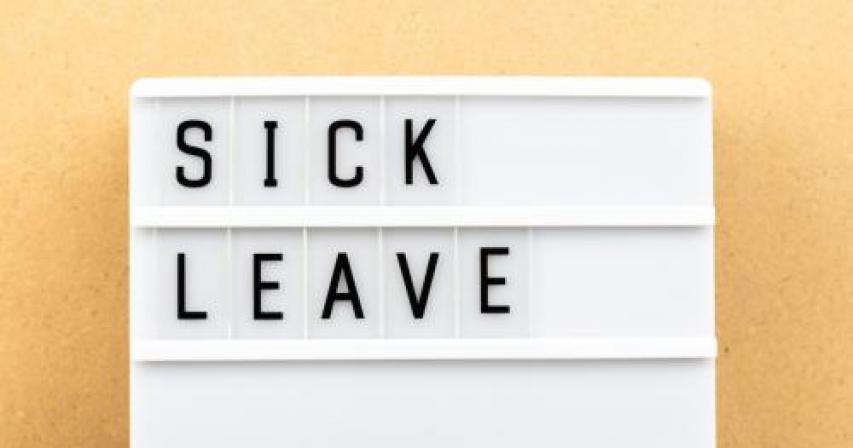COVID-19 supplemental paid sick leave law is live: Here’s what you need to know
- 4 years ago

There was a revised sick leave law implemented in 2020 that covered many facets of paid sick leaves regarding COVID and related issues. That law expired at the end of 2020, and the new version is now implemented for 2021. This covers even more scenarios and circumstances than last year and has more detailed descriptions. You might want to contact an EEOC attorney to further understand and implement these revised laws in your workplace. Here are the things that you should know about:
2021 paid sick leave scheme:
This scheme is getting in action starting from 29th March 2021 and will remain in effect until further notice. It is applicable to large and small employers alike, and no one is exempt from it. Here are the key points that you need to remember and act upon:
The law is effective against all California employers with more than 25 employees under their belt. Employers with less than 25 employees do not fall under these requirements, but they still have some regulations corresponding to their size.
In the light of this scheme, full-time employees of eligible companies and employers have additional eighty hours of fully paid sick leave, which they can access at any time.
Part-time employees will have a different number of hours that they can access. The number of hours allotted will depend heavily on their work hours and various other circumstances.
The list of circumstances in which an employee is allowed to utilize their paid sick leave is revised and expanded. The scenarios of eligibility are further explained, and the horizons are broadened to make it easier for employees to get access to their paid sick leave.
Employees who had to take off days from the start of 2021 and the day when the requirements get enforced are allowed to demand compensation for their deducted salary that will now fall under this new paid sick leave scheme.
This scheme, however, does not override California’s traditional paid sick leave policies. In fact, employers are required to pay for both COVID-19 paid sick leave, and California Healthy workplace paid sick leave.
Employers also have to clearly indicate the remaining COVID paid sick leave hours on their payroll slips. This is of utmost importance, and not following through with this requirement can result in charges regarding keeping your employees in the dark about their rights.
Circumstances that make an employee eligible for PSL:
The new rework also defines more in-depth scenarios and circumstances that make an employee eligible for a COVID-19 supplementary paid sick leave. The first and most obvious ones are related to quarantining and isolation. If an employee is advised to isolate by the public health commission, CDC, or their local health officials, then their time away from work would count towards the paid sick leave program. Similarly, if an employee is self-isolating due to reasons that involve risk of COVID or potential exposure to COVID also counts as a COVID-19 supplementary sick leave.
Additionally, if the employee is feeling COVID symptoms but hasn’t tested positive yet, then they are advised to quarantine, and that quarantine also accounts for a paid sick leave.
With the recent advancements of vaccines, the new scheme is adjusted to include them as well. If an employee is taking time off from work to attend an appointment for COVID vaccination, then that absence also counts towards the paid sick leave. In the same vein, if the employee is experiencing any symptoms after the vaccination, whether the cause of those symptoms is verified to be the vaccination or not, then that leave is also counted towards the paid sick leave scheme.
Paid sick leave for part-time employees:
The hour calculation for full-time employees is very simple. They are allotted an upward of eighty hours of paid sick leave. The part-timers, on the other hand, have variable numbers depending on their work-hours and duration of work at that company. If they work a fixed number of hours, then their allotted hours are equal to their work hours in two weeks. Alternatively, if they work an irregular schedule, and have been working at that company for more than six months, then the paid sick leave hours are fourteen times their average daily hours in the past six months.
Source: pexels
Comments